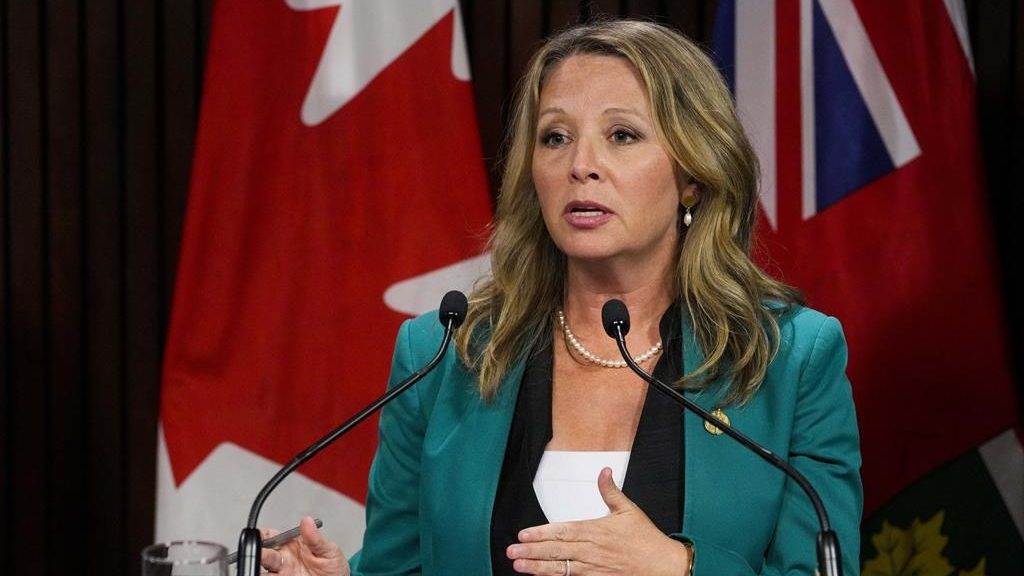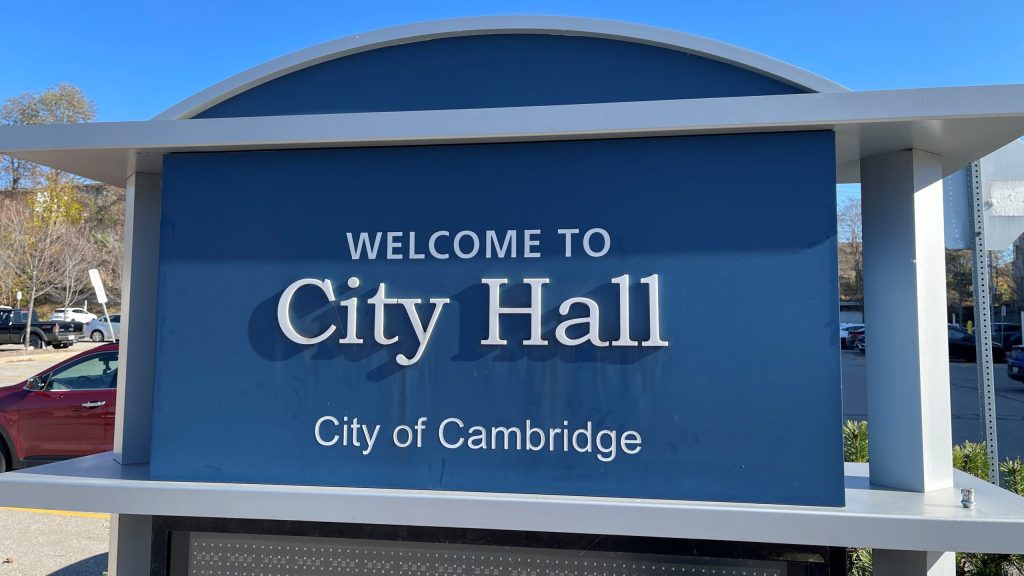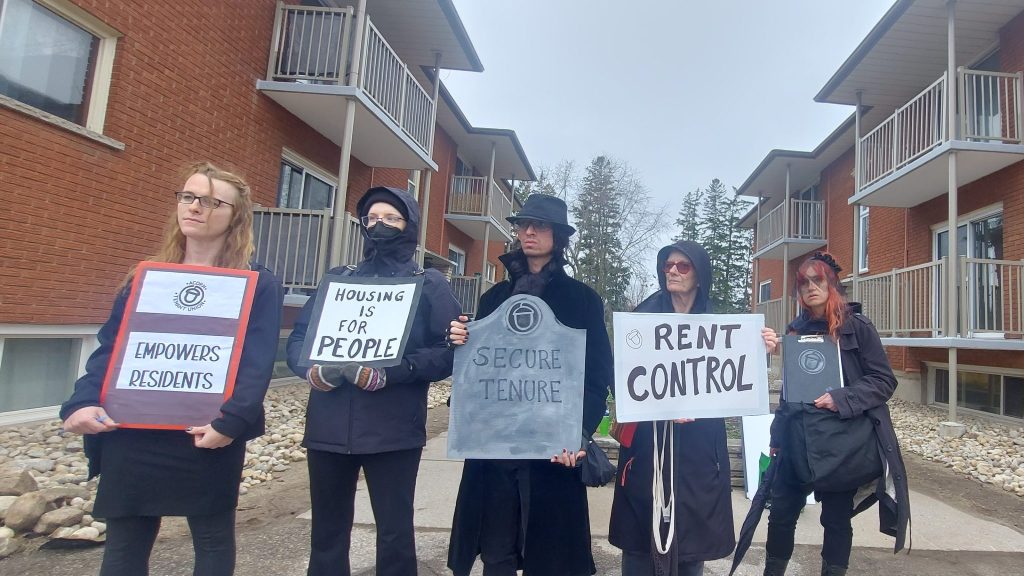Louvre Abu Dhabi hopes to bring culture to UAE, as works are previewed in Paris
Posted Apr 29, 2014 11:09:07 AM.
This article is more than 5 years old.
PARIS – The oil-rich United Arab Emirates certainly has the wealth of a first-class nation. Now it hopes to buy in the culture of a first-class nation to the tune of 400 million euros ($550 million).
The Louvre Abu Dhabi will open its doors in December 2015 in the Arab federation — and organizers hope it will put the country with flashy hotels, arid deserts and the world’s 7th biggest oil reserves on the map instead for its oil paintings.
But the project has been raising eyebrows among Europeans, who say that culture requires more than just a checkbook.
In Paris, the Louvre unveiled a preview Tuesday of the art that the Abu Dhabi project has acquired since 2009.
French President Francois Hollande inaugurated the exhibition of some 160 works entitled “Birth of a Museum.” It includes a 19th-century Yemeni Torah, a 13th-century Gothic Bible as well as a swath of Renaissance and modern masterpieces by artists such as Yves Klein, Rene Magritte and Pablo Picasso.
The generous spending pot has produced a collection as impressive as it is diverse, unafraid to grapple with themes such as sexuality and different religions.
“(We want to) establish Abu Dhabi as a place for cultural tourism,” the Louvre Abu Dhabi’s assistant curator, Khalid Abdulkhaliq Abdulla, said at the Paris exhibit.
He said the Abu Dhabi Louvre will be the centerpiece of a planned cultural district that will also include a branch of New York’s Guggenheim and a national museum.
However, skeptics in France say the nation known for its nouveau riche society can’t simply buy its way into being “cultured.”
The museum’s renowned architect Jean Nouvel brushed off such critics with a Gallic shrug, suggesting detractors are just annoyed or jealous that Europe now doesn’t have the money to embark on such costly cultural projects.
“Do you think we did it any differently in Europe when we used to be more powerful?” Nouvel asked. “It’s normal that an economic power translates this (power) through the act of acquiring cultural art.”
The exhibit curator compared the Abu Dhabi of today to the U.S. in the early 20th century, when it was emerging economically and industrially and private collectors started founding museums to showcase their artistic wealth.
“During this period we said the same thing … but with hindsight what do we see? It’s that European and Asian art are present in the U.S. and participated in making the American culture … in making the country’s identity. And I think that’s what needs to be remembered,” said curator Vincent Pomerade.
One expert noted many European collections were built in less desirable ways.
“Buying in culture is far better than looting it, which is what most nations did for hundreds of years,” said Julian Radcliffe of the Art Loss Register.
The next hurdle of this ambitious but controversial project will be in convincing the greater Arab world to accept the museum’s bold artistic representations of sexuality and religion.
Beyond this, the Arab Louvre project’s founders believe Abu Dhabi is an ideal location for a universal museum as the UAE itself is a cultural crossroad.
“This idea of a crossroad, this idea of dialogue between civilizations, the meeting of cultures, the meeting of art, was at the heart of the project from the beginning,” added Pomerade.
___
Thomas Adamson can be followed at http://Twitter.com/ThomasAdamsonAP










